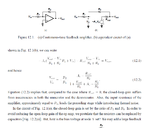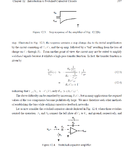stackprogramer
Full Member level 3

- Joined
- Jul 22, 2015
- Messages
- 181
- Helped
- 0
- Reputation
- 0
- Reaction score
- 1
- Trophy points
- 1,298
- Activity points
- 2,669
i want to create a slide conference about switched capacitor.this topic is created that i shared my result soon.
thanks
thanks









